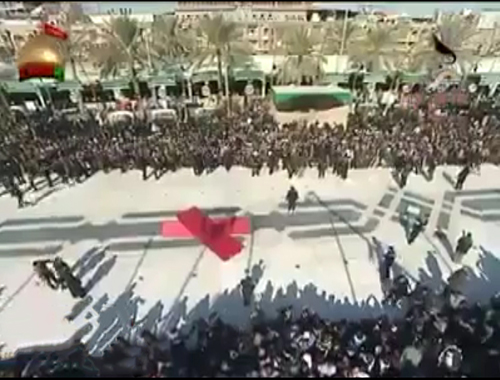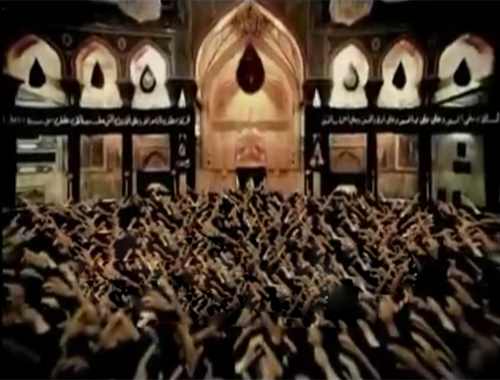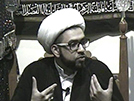Rules Regarding Amr bil Ma’rūf and Nahy Anil Munkar
- Details
- Hits: 2071
Rules Regarding Amr bil Ma’rÅ«f and Nahy Anil Munkar
Under the following four conditions, Amr bil Ma’rÅ«f and Nahy Anil Munkar is obligatory.
(1) Knowledge of Good and Evil: One who is supposed to command others for a particular act must himself be certain that it is Wajib. That is, it should be an article of faith or a matter upon which there is unanimity among scholars. It is not Wajib to order something regarding which there is difference of opinion, because it is possible that the Mujtahid whom the person is following may not have made it Wajib. Similarly when it is possible that the person who is not observing a Wajib may have some valid (legal or rational) excuse, it is not Wajib to enjoin upon him. In the same way the thing that one intends to prohibit must be absolutely HarÄm. For example if one sees a Muslim back-biting but surmises that it was permissible in that particular circumstance, he is not obliged to prohibit it. Also if doing so could cause him disgrace he must not venture ahead. In short, one must have certainty regarding the ‘goodness’ of something one intends to enjoin and the certainty regarding the ‘evil’ of something one intends to forbid. In both the cases he must also be aware of the special circumstances at the time of putting the commands into practice.
(2) There should be a strong possibility that if he acts on Amr bil Ma’rÅ«f and Nahy Anil Munkar it would prove beneficial. If he feels it is not going to make any difference he is not obliged to act upon them. Musada says that I inquired from Imam Ja’far as-Sadiq (a.s.) regarding the Prophetic saying which stated that the greatest Jihad is to speak up against the unjust ruler. Imam (a.s.) said, “This is possible when the ruler is aware of his ruling being wrong and is prepared to heed your advice, or else leave it”
(3) Hazrat Imam Ja’far as-Sadiq (a.s.) says that Amr bil Ma’rÅ«f and Nahy Anil Munkar should be for a believer who is prepared to accept the advice and benefit from it. Or it should be for the uninformed person who is eager to learn about it. It is not necessary to enjoin good or forbid evil to a person who is powerful and can hurt or harm you. It is not necessary to enjoin good and forbid evil to a person who has been sinful, continually neglecting Wajib acts and repeated performing HarÄm acts, but who has repented and given up his sinful ways. Some scholars say that it is not necessary to enjoin good or forbid evil to a person who has shown regret for his sinful ways, even if one is unaware of his intentions to give up HarÄm acts and perform the Wajib acts.
Practicing Amr bil Ma’rÅ«f and Nahy Anil Munkar is not necessary if it can lead to any harm or loss. If there is risk to one’s life or the life, honour or property of a Muslim, the duty is no longer valid.
However, the tradition which says that,“The greatest martyr is one who speaks the truth before an unjust person and he kills him,” is about the circumstance when initially there was no danger or harm or mischief. But when a person says the truth he is slain.











